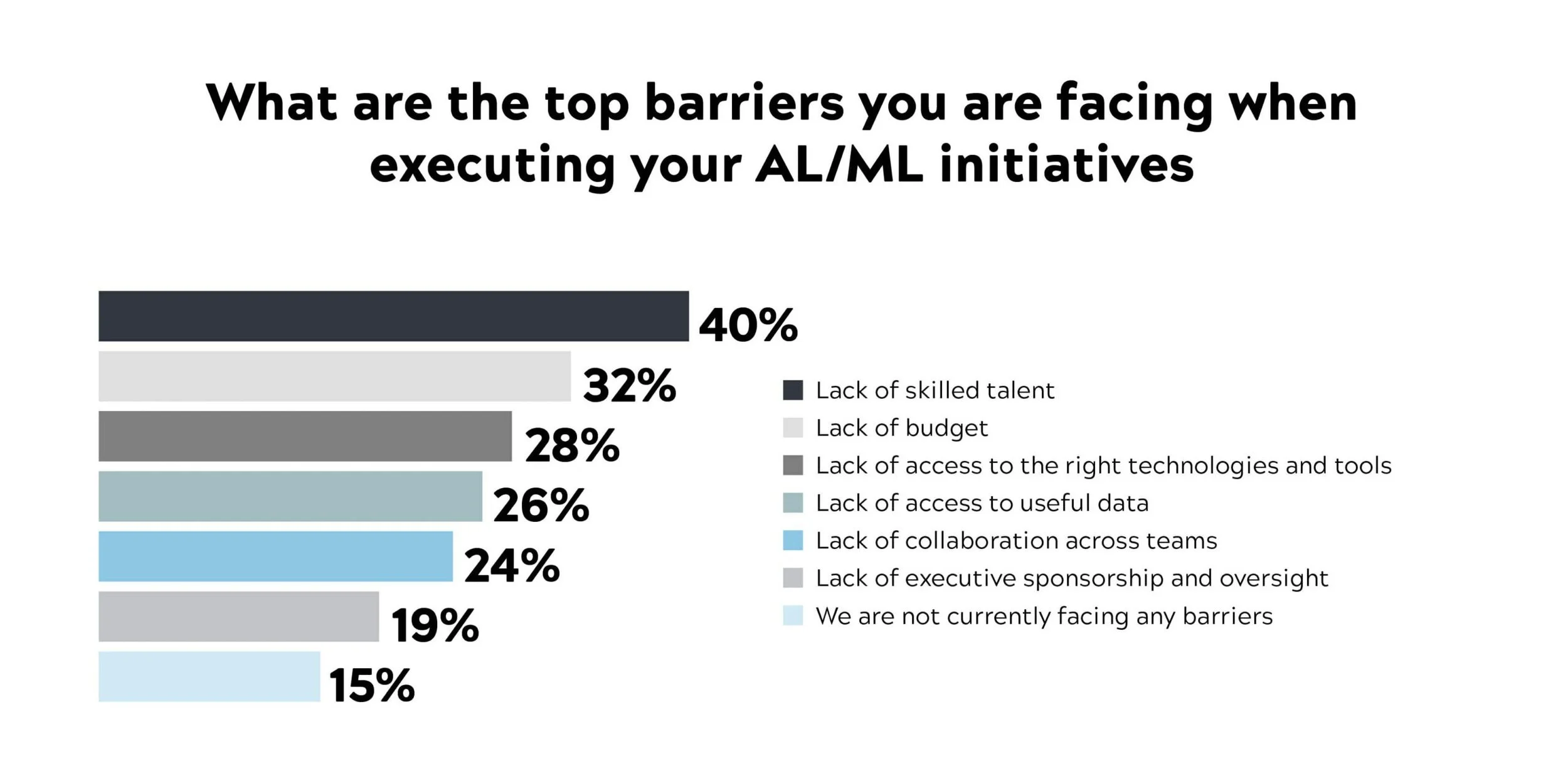For those already in the AI space and those willing to upskill and learn this presents huge opportunities. There are more jobs than people to fill those jobs. As is always the case in business when there is more demand than supply, there is a lot of money to be made.
Human Skills
Don’t panic if you are not a very technological person. You should still follow the advice above and become familiar with AI tools and trends within your industry however you can also focus on the things AI can’t do. AI will continue to excel at pattern recognition, data processing and repetitive tasks but it cannot replace certain uniquely human abilities.
Critical thinking will be essential in evaluating options, identifying risks and asking the right questions as well as in evaluating AI-generated information.
Problem solving skills allow people to identify issues AI cannot. AI cannot replace the subtle understanding that comes from years of dealing with people, systems and constraints.
Strategic decision making requires an understanding of context, priorities and long-term implications.
Ethics will become increasingly important as AI continues to advance, employees who can challenge assumptions and navigate questions around privacy, fairness and transparency will be invaluable.
Interpersonal skills and clear communication will be more important than ever. Focus on improving your written clarity and structured thinking. Practice giving concise updates, explaining complex ideas simply and giving useful feedback/ constructive criticism.
Management skills such as planning, prioritising and executing work efficiently will remain human tasks even as AI tools improve. Focus on developing strong organisational habits such as breaking work down into steps, setting timelines, coordinating stakeholders and keeping projects on track.
If you’d like to explore this topic more or look at how AI might affect your industry consider booking a lesson.



